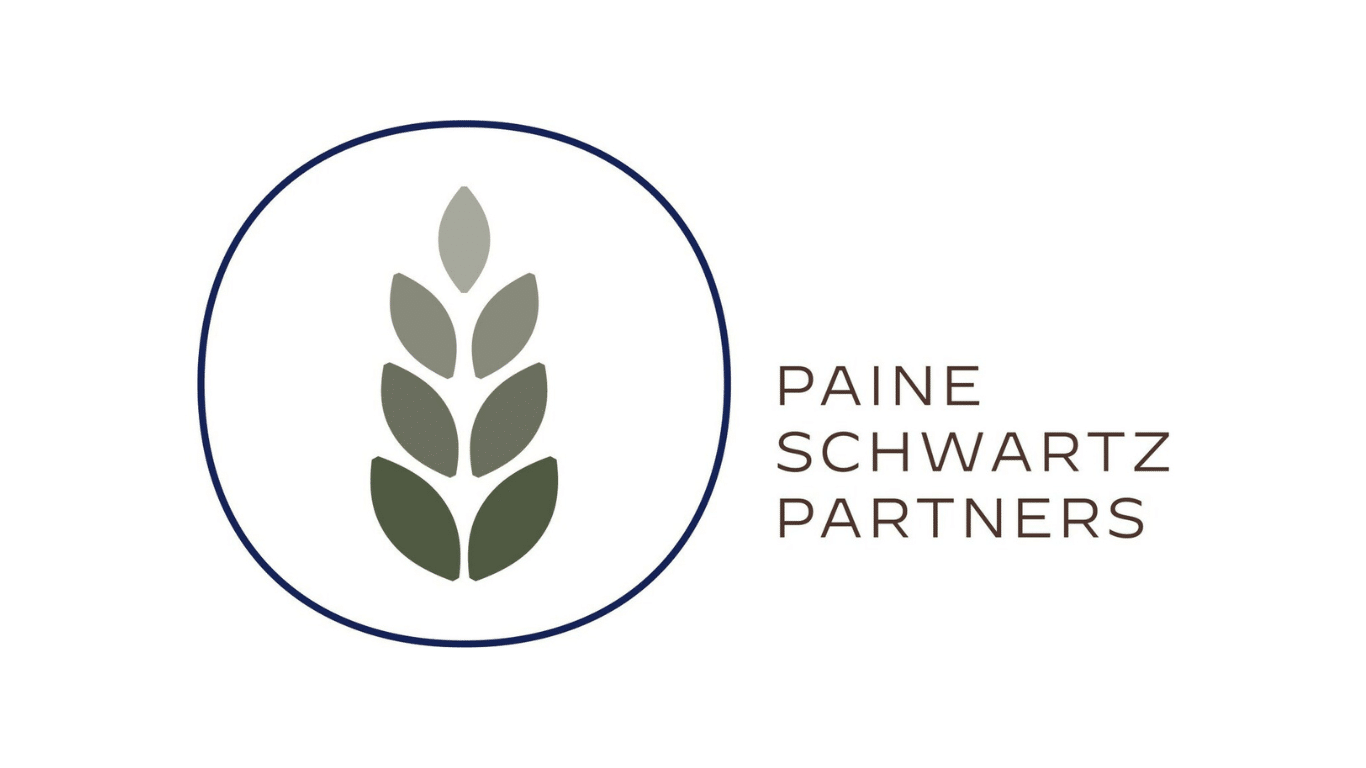Key Takeaways
- Paine Schwartz Partners has published its inaugural white paper on investing in food and agribusiness with a private equity approach.
- The white paper explores how food and agribusiness investments can balance private equity returns with real asset stability.
- Hybrid investment structures, operational improvements, and sector diversification are identified as key strategies for success.
- The report highlights case studies from Paine Schwartz’s portfolio, including Costa Group, AgroFresh, and BLOOM FRESH.
- The white paper is available for download on Paine Schwartz’s website.
New Insights on Food and Agribusiness Investments By Paine Schwartz
Bridging Private Equity and Real Asset Investing
Paine Schwartz Partners, a global firm specializing in sustainable food chain investments, has released its first-ever white paper, titled “Investing in Real Assets with a Private Equity Approach: How Food and Agribusiness Investments Can Deliver the Best of Both Worlds.”
The paper examines how food and agribusiness investments can offer attractive returns while mitigating risks typically associated with private equity and real asset investments.
“As investors seek private equity returns with lower downside risk and greater stability, we explore how food and agribusiness can bridge these dynamics,” said Kevin Schwartz, CEO of Paine Schwartz.
According to the white paper, successful investment strategies in this sector involve:
- Selecting the right business models that combine private equity growth potential with real asset stability.
- Investing in companies adjacent to real assets rather than direct ownership, offering higher returns with similar market exposure.
- Leveraging hybrid investment structures, operational efficiencies, and moderate leverage to balance risk and reward.
The Potential for Risk-Adjusted Growth
Paine Schwartz argues that food and agribusiness investments can match or exceed traditional private equity returns when paired with:
✅ Value-add strategies that enhance operational performance.
✅ Sector diversification to reduce volatility.
✅ Technological advancements to improve efficiency and market positioning.
While challenges exist, the report suggests that a well-structured approach can provide higher returns with a manageable risk profile.
Case Studies: Applying Investment Strategies in Agribusiness
Examples from Paine Schwartz’s Portfolio
The white paper highlights real-world applications of these investment principles, using case studies from Paine Schwartz’s portfolio, including:
- Costa Group – A leading horticultural company focused on sustainable fruit and vegetable production.
- AgroFresh – Specializing in post-harvest solutions to reduce food waste and improve shelf life.
- BLOOM FRESH – A fresh produce company utilizing advanced technology for enhanced supply chain efficiency.
These companies demonstrate how strategic investment in agribusiness can create long-term value and resilience in the sector.
Accessing the White Paper From Paine Schwartz
The full report is available for download on Paine Schwartz’s website and provides further insights into the firm’s investment strategy in food and agribusiness.


